THE GROVE
It’s the early 1960s in rural Belleville. Fifteen-year-old Penelope “Pip” Bean, and her 17-year-old sister, Cecelia, who goes by Sissy, spend their weekdays in a one-room high school and their weekends at Juicy Acres, their family business, selling orange juice by the side of the road. They try to avoid their parents, who drink too much and get into vicious arguments. When Raffy, a sword-swallowing Lothario, arrives with the annual Christmastime carnival, Sissy is smitten—and hopeful that she’s found a way out of town. Pip sees them having sex, and Sissy declares she’s in love. But after she runs away to join him, Sissy discovers Raffy has left without her. Despairing, she withdraws into anger that shatters their sisterly bond, leaving Pip adrift. The orange-grove setting and the desolate life of isolated, impoverished Florida farmers are well-delineated. Most characters, particularly Pip’s parents, are drawn with nuance, although longtime orange grove fruit picker Silas, who’s illiterate and from an even more deprived background, veers close to caricature. Some plot points strain credulity, particularly as the story advances, and the abruptly hopeful ending, while something of a relief, doesn’t feel entirely realistic. Main characters present white.


It’s the early 1960s in rural Belleville. Fifteen-year-old Penelope “Pip” Bean, and her 17-year-old sister, Cecelia, who goes by Sissy, spend their weekdays in a one-room high school and their weekends at Juicy Acres, their family business, selling orange juice by the side of the road. They try to avoid their parents, who drink too much and get into vicious arguments. When Raffy, a sword-swallowing Lothario, arrives with the annual Christmastime carnival, Sissy is smitten—and hopeful that she’s found a way out of town. Pip sees them having sex, and Sissy declares she’s in love. But after she runs away to join him, Sissy discovers Raffy has left without her. Despairing, she withdraws into anger that shatters their sisterly bond, leaving Pip adrift. The orange-grove setting and the desolate life of isolated, impoverished Florida farmers are well-delineated. Most characters, particularly Pip’s parents, are drawn with nuance, although longtime orange grove fruit picker Silas, who’s illiterate and from an even more deprived background, veers close to caricature. Some plot points strain credulity, particularly as the story advances, and the abruptly hopeful ending, while something of a relief, doesn’t feel entirely realistic. Main characters present white.


















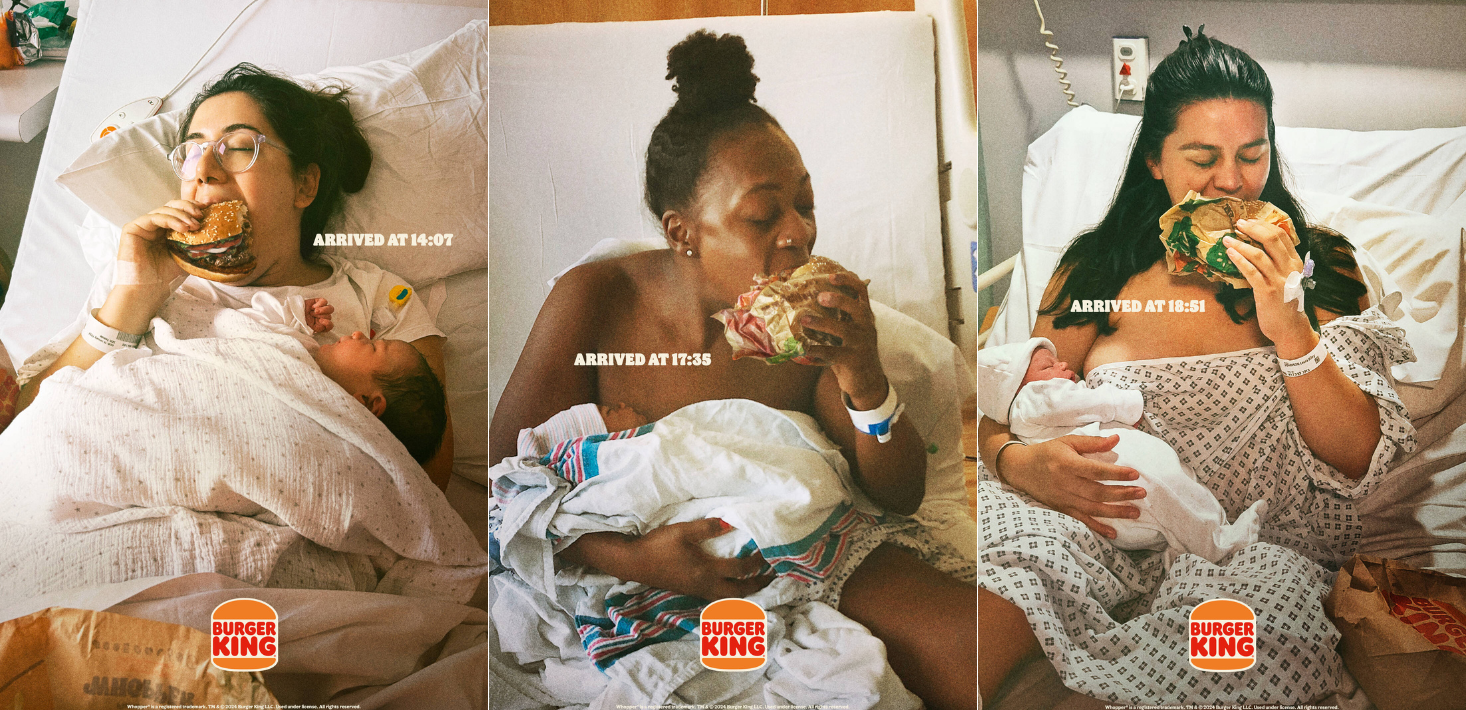



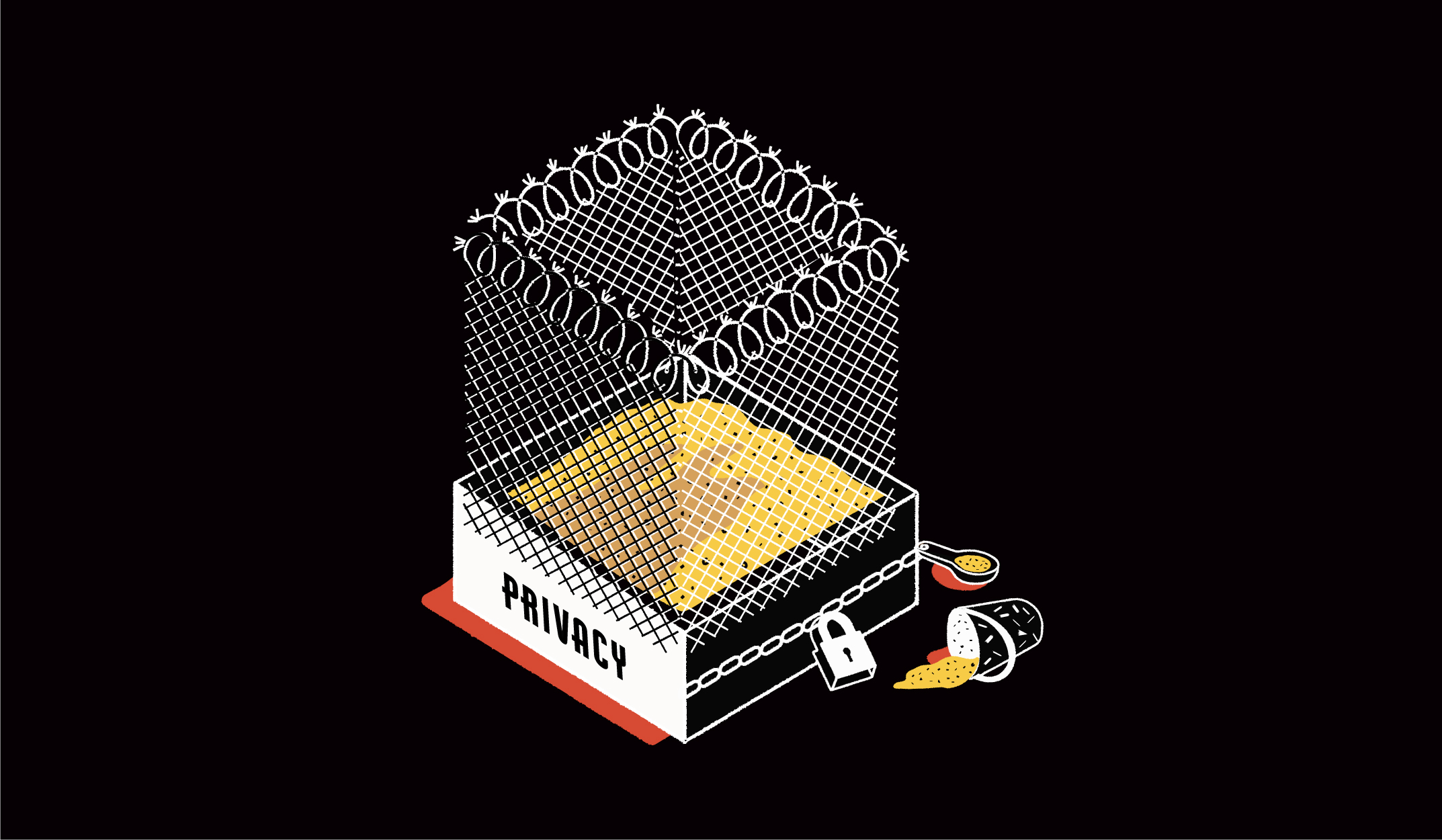

![Brand and SEO Sitting on a Tree: K-I-S-S-I-N-G [Mozcon 2025 Speaker Series]](https://moz.com/images/blog/banners/Mozcon2025_SpeakerBlogHeader_1180x400_LidiaInfante_London.png?auto=compress,format&fit=crop&dm=1749465874&s=56275e60eb1f4363767c42d318c4ef4a#)

![How To Launch, Grow, and Scale a Community That Supports Your Brand [MozCon 2025 Speaker Series]](https://moz.com/images/blog/banners/Mozcon2025_SpeakerBlogHeader_1180x400_Areej-abuali_London.png?auto=compress,format&fit=crop&dm=1747732165&s=beb7825c980a8c74f9a756ec91c8d68b#)
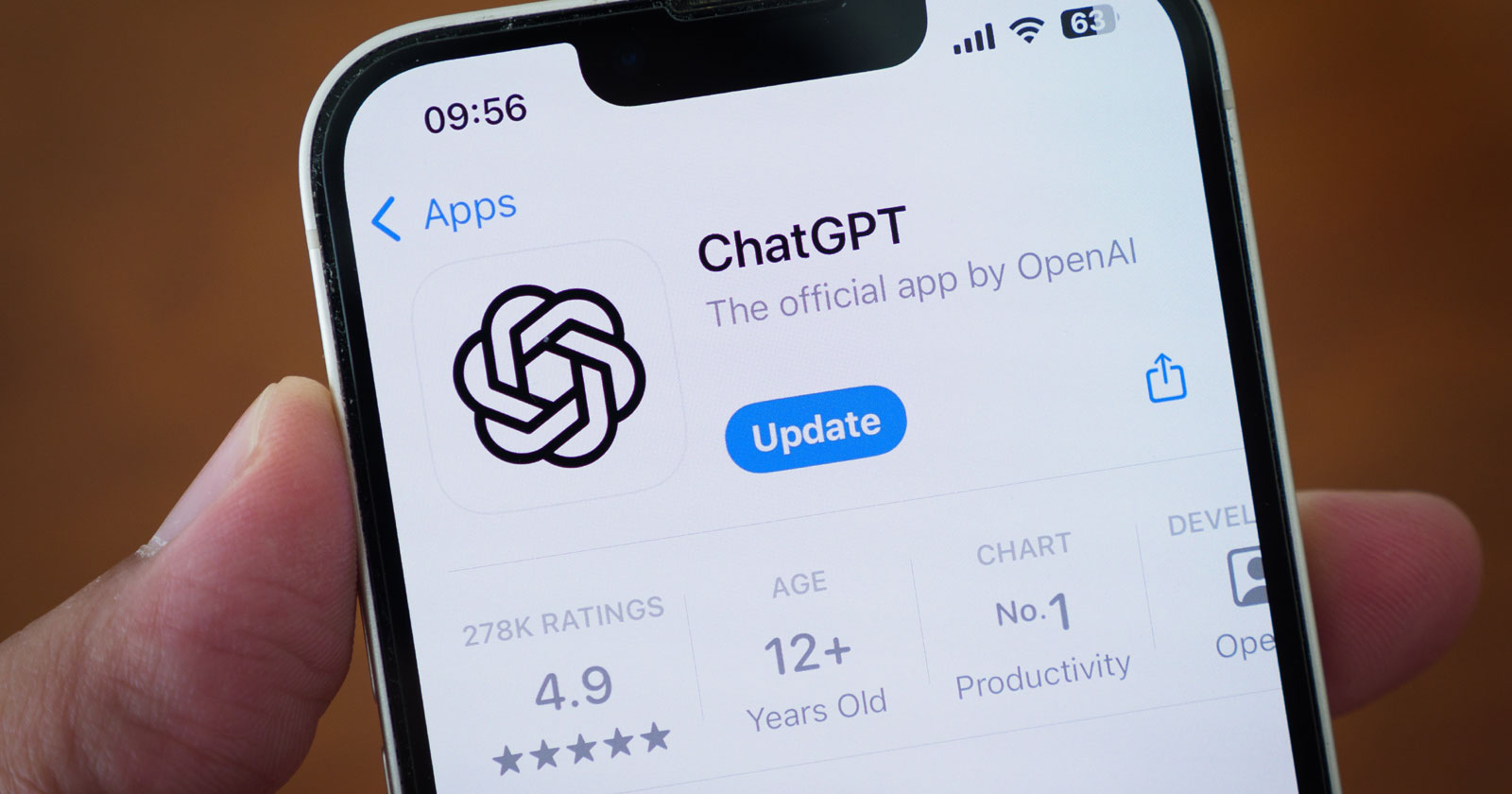























![The 11 Best Landing Page Builder Software Tools [2025]](https://www.growthmarketingpro.com/wp-content/uploads/2024/04/best-landing-page-software-hero-image-1024x618.png?#)




















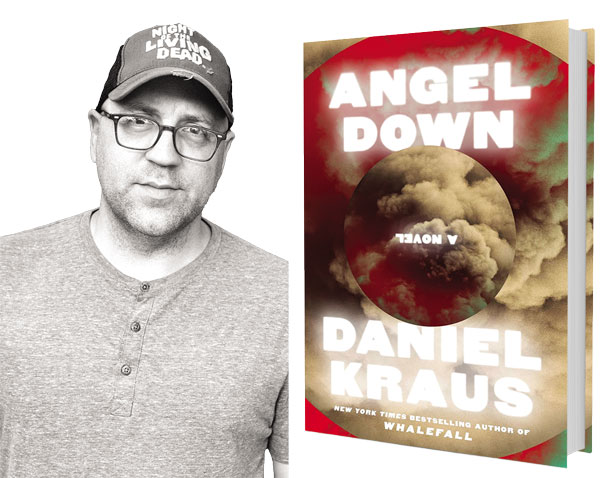
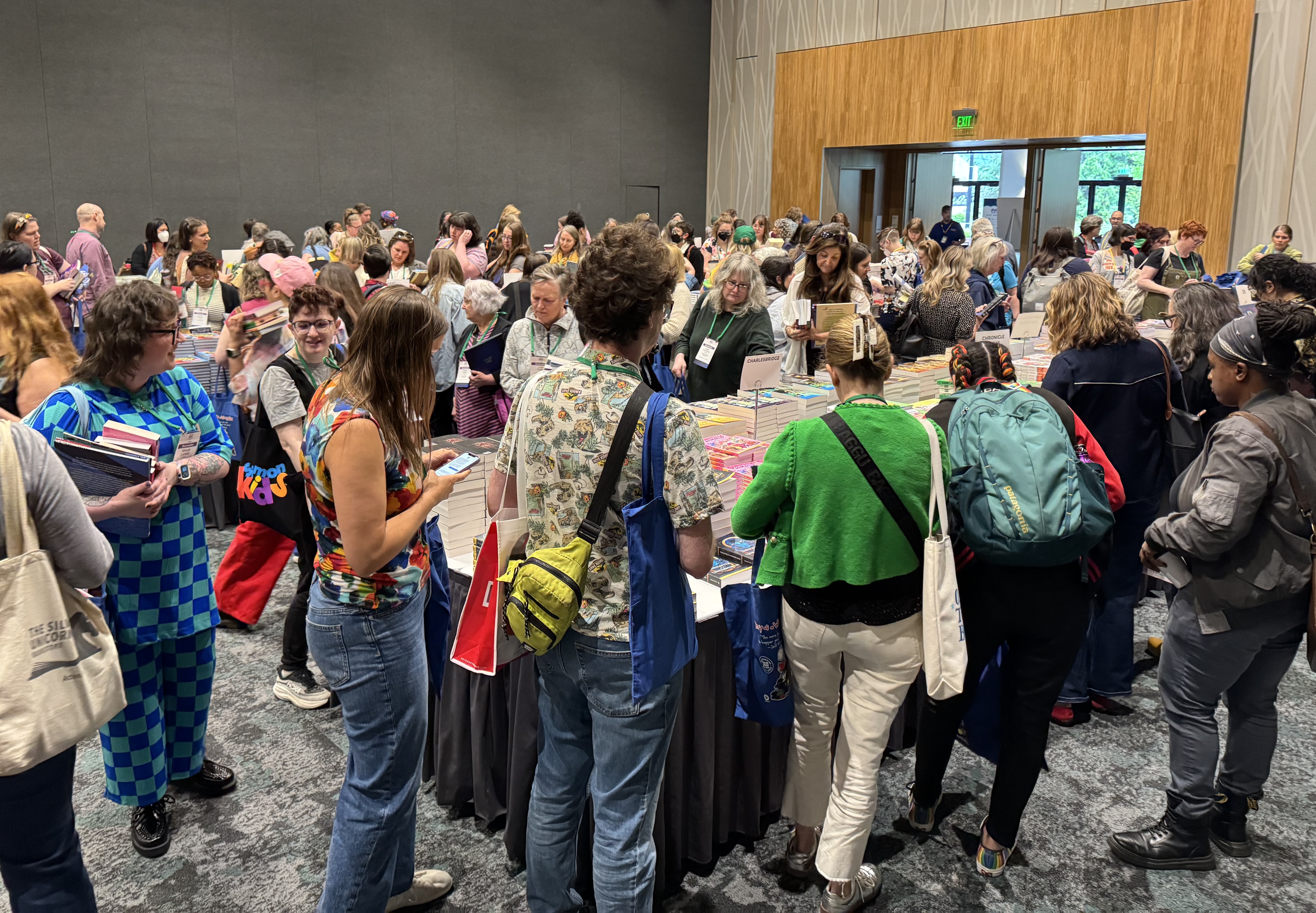
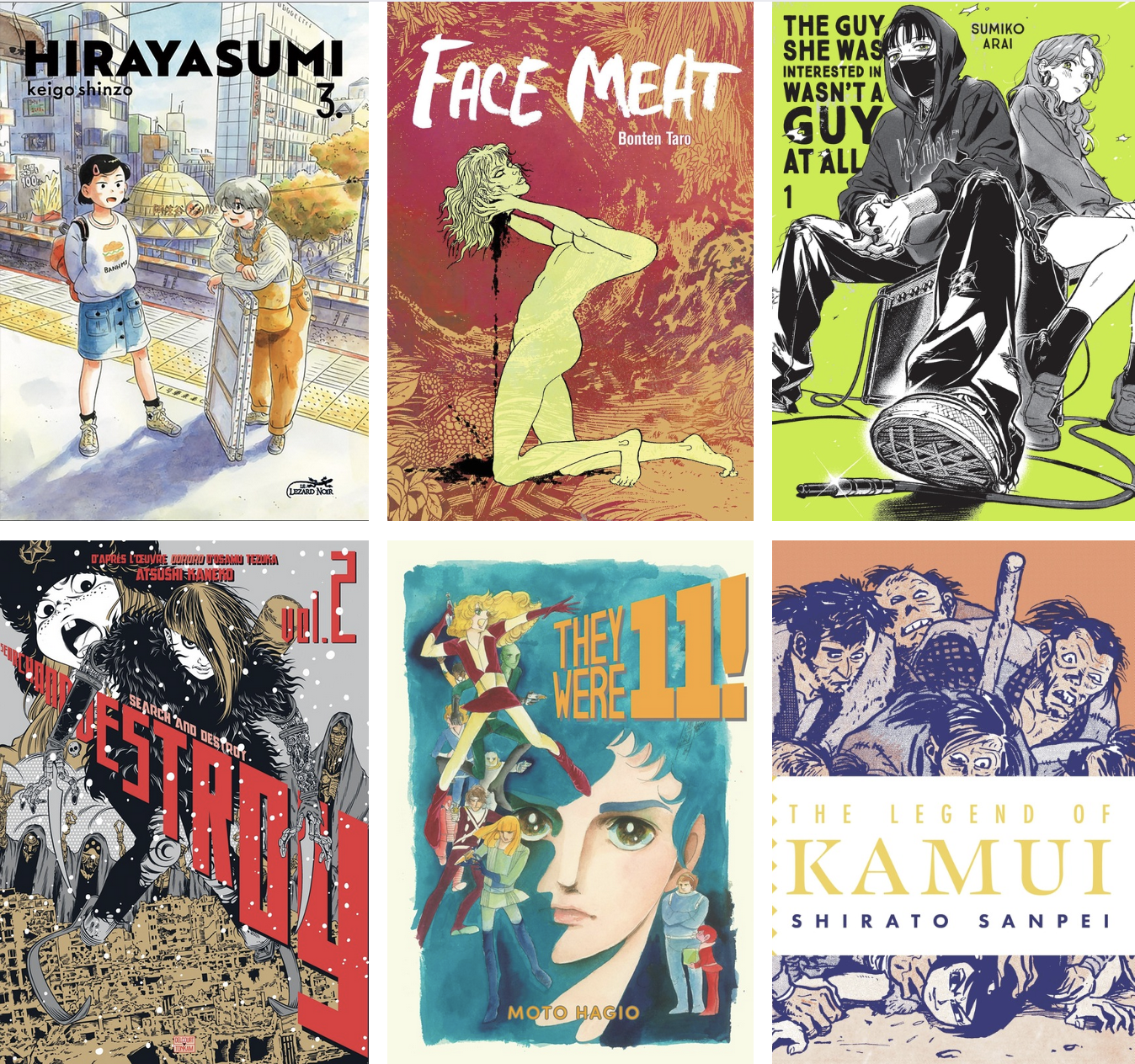












![Websites Using AI Content Grow 5% Faster [+ New Research Report]](https://ahrefs.com/blog/wp-content/uploads/2025/06/websites-using-ai-content-grow-5-by-ryan-law-data-studies.jpg)



![How to Create an SEO Forecast [Free Template Included] — Whiteboard Friday](https://moz.com/images/blog/banners/WBF-SEOForecasting-Blog_Header.png?auto=compress,format&fit=crop&dm=1694010279&s=318ed1d453ed4f230e8e4b50ecee5417#)
![How To Build AI Tools To Automate Your SEO Workflows [MozCon 2025 Speaker Series]](https://moz.com/images/blog/banners/Mozcon2025_SpeakerBlogHeader_1180x400_Andrew_London-1.png?auto=compress,format&fit=crop&dm=1749642474&s=7897686f91f4e22a1f5191ea07414026#)























![Brand pitch guide for creators [deck and email templates]](https://blog.hootsuite.com/wp-content/uploads/2022/06/brand-pitch-template.png)




![8 ways to use AI in digital marketing [+ examples]](https://www.hubspot.com/hubfs/Google%20Drive%20Integration/ai%20marketing_32023-4.png)




















